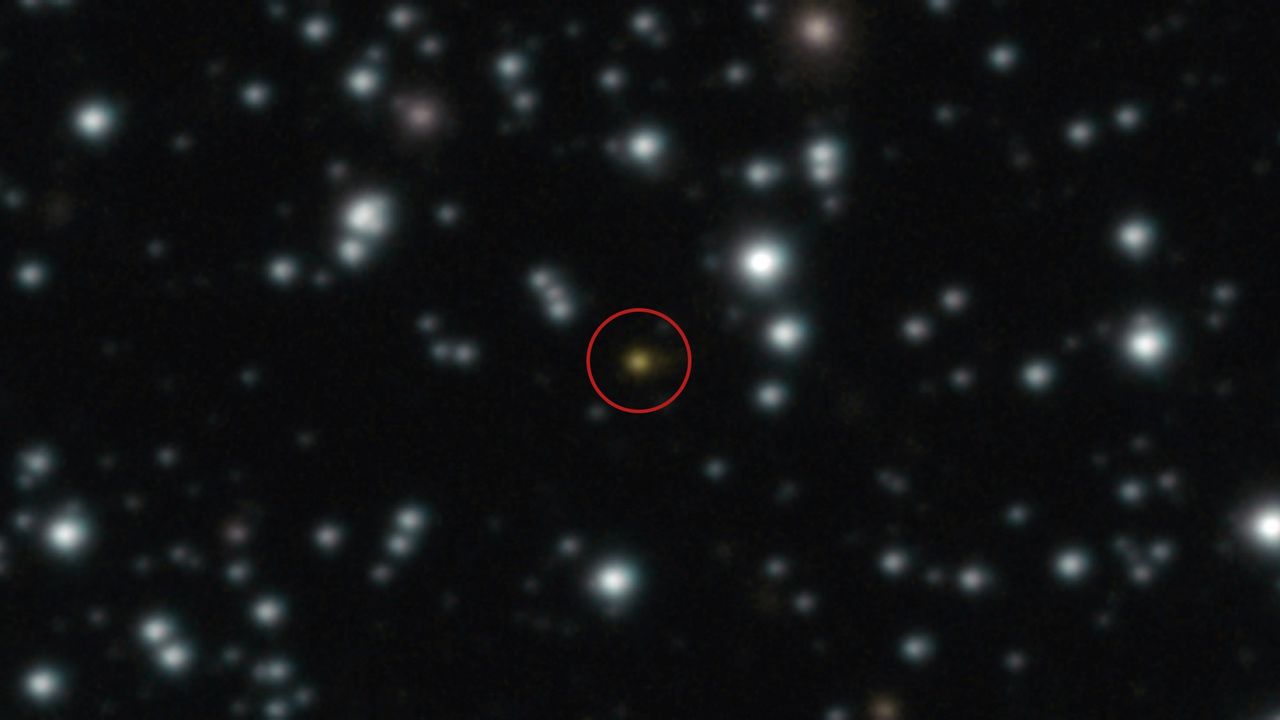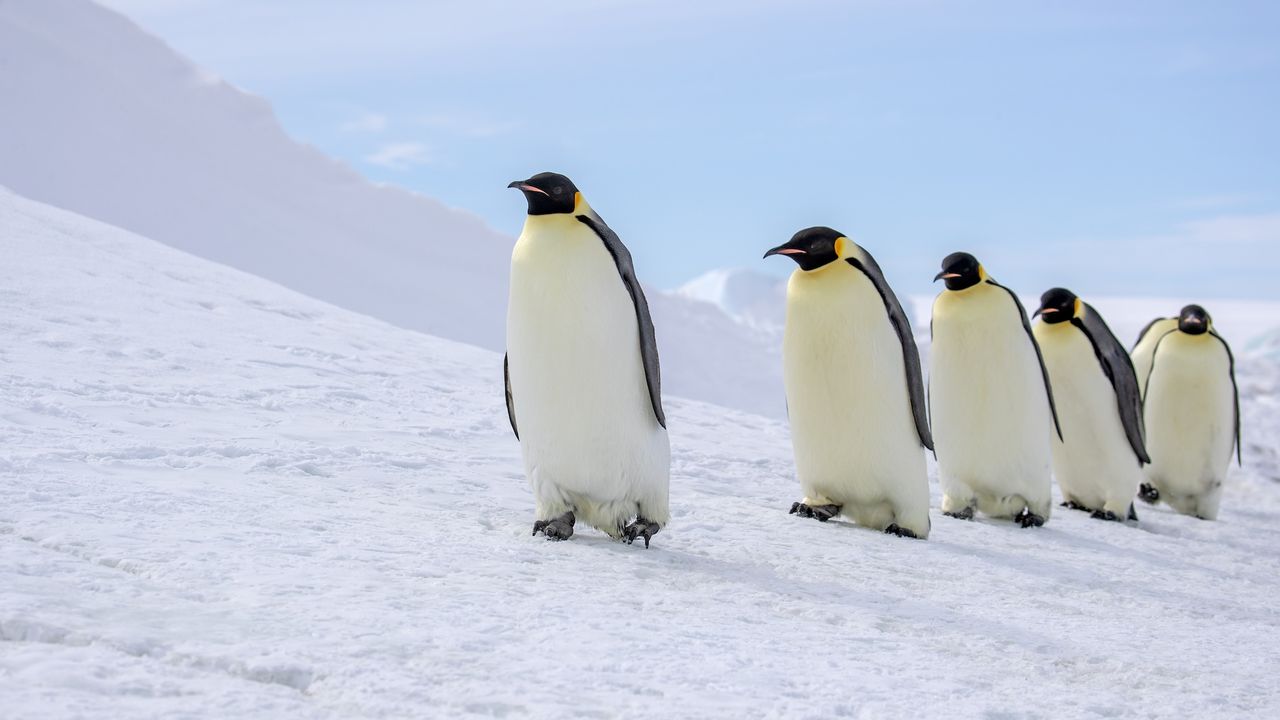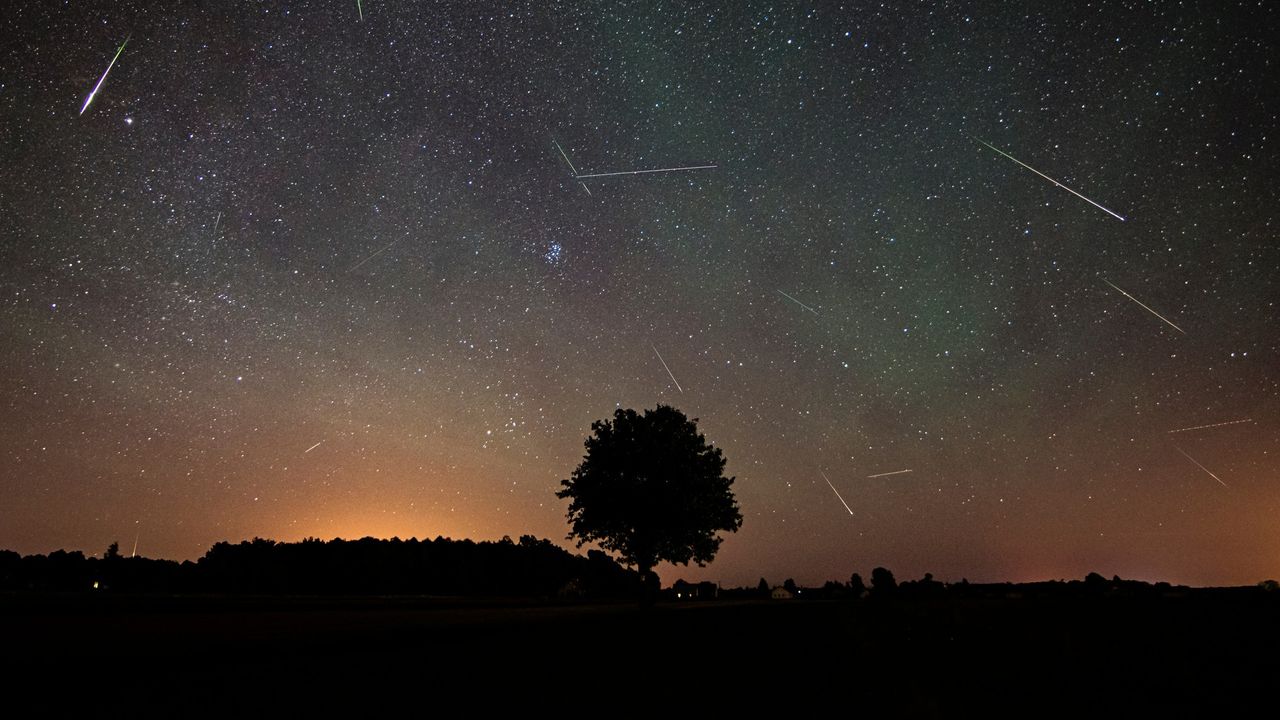Being organised and active may be predictor of longer life, study finds
PositiveScience

A recent study suggests that being organized, active, and helpful may contribute to a longer life, while traits like stress and anxiety could shorten it. This research, published in the Journal of Psychosomatic Research, highlights the importance of specific self-descriptions in predicting mortality risks, offering valuable insights for doctors in assessing health risks and promoting healthier lifestyles.
— Curated by the World Pulse Now AI Editorial System


/https://tf-cmsv2-smithsonianmag-media.s3.amazonaws.com/filer_public/cb/11/cb1119f9-8679-40db-99d4-443a07fd1554/sea_lamprey_8741578394_web.jpg)






